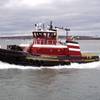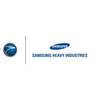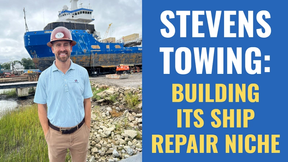Marine Response Alliance member company Titan Maritime has received a prestigious 2003 Legacy Award from The Pacific
States/British Columbia Oil Spill Task Force for its leadership of a team in
the recovery of oil from the sunken vessel S/S JACOB LUCKENBACH. Dick
Fairbanks, President of Titan and a Director of the Alliance, accepted the
award at the annual meeting of the Task Force in Honolulu July 22.
The Task Force gives Legacy Awards to industry, non-profit or public agency
organizations and individuals, or for team efforts, for projects,
accomplishments, or leadership that demonstrates innovation, management
commitment, and improvements in oil spill prevention, preparedness, or
response resulting in enhanced environmental protection. Efforts to promote
partnerships and involve the public are favored. Organizations,
individuals, or projects nominated for the Legacy Award must be located or
primarily operating in the Task Force jurisdictions of Alaska, British
Columbia, Washington, Oregon, California, and Hawaii.
Titan Maritime's leadership of the team involved in spill response and
recovery of oil from the LUCKENBACH, near the Gulf of the Farallones
National Marine Sanctuary off the central California coast, earned them a
2003 Award. The S/S JACOB LUCKENBACH sank in 1953 approximately 17 miles
southwest of the Golden Gate Bridge, in 175 feet of water. But it was just
last winter that officials identified the wreck as the source of "mystery
oil spills" responsible for the deaths of thousands of sea birds over the
last two decades. To ensure the success of the project to remove oil from
the tanks and interior spaces of the broken hull, Titan assembled a private
and public-sector team that included Marine Response Alliance Member company
Crowley Marine Services and numerous others: American Marine, Clean Bay,
Global Diving and Salvage, the National Response Corporation, PCCI Marine
and Environmental Engineering, Divecon, West Coast Seaworks, Sound
Hydrographic Services, Universal Services, the US Coast Guard Marine Safety
Office in San Francisco, NOAA, the California Office of Spill Prevention and
Response, and the California State Lands Commission. Work proceeded under a
contract with the U.S. Coast Guard.
This team developed innovative strategies to locate and access oil tanks,
attach pumps, heat exchangers and other oil removal equipment, heat and mix
the oil inside a tank, and pump the oil to the surface. Among the many
innovations were computer modeling of the wreck to aid visualization and
record-keeping; acoustic navigation and a 6-point mooring system to
precisely place the surface barge over the wreck; and system designs that
allowed tools, heat exchangers, and pumps to be installed and removed with
minimal risk of oil release.
The difficult and often dangerous work continued for four months. During
that time, there were no serious injuries to team members, who made
important technical developments, which will contribute to similar efforts
worldwide. With the successful removal of over 100,000 gallons of heavy
fuel oil from the S/S JACOB LUCKENBACH, countless sea birds and other
sensitive wildlife will be protected from exposure to oil spills.
Jean Cameron, Executive Coordinator for the Pacific States/British Columbia
Oil Spill Task Force, characterizes Legacy Award winners as "...models for
others in industry, government, and the public to emulate. We are pleased to
honor the commitment of this year's winners to effective oil spill
prevention, efficient spill response, and collaborative teamwork. "
Sponsored Content
How Hot Is Your Cable? Understanding Subsea Cable Thermal Performance
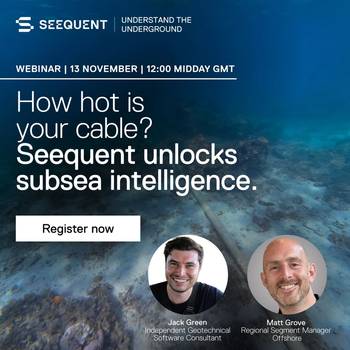
Still trying to leverage digital in your operations? Create your own advantage
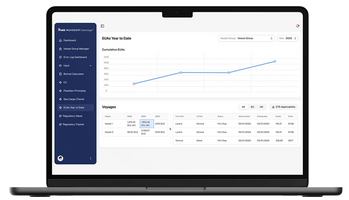
Subscribe for
Maritime Reporter E-News
Maritime Reporter E-News is the maritime industry's largest circulation and most authoritative ENews Service, delivered to your Email five times per week




